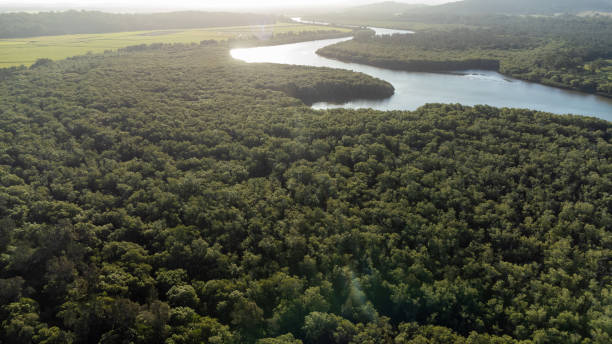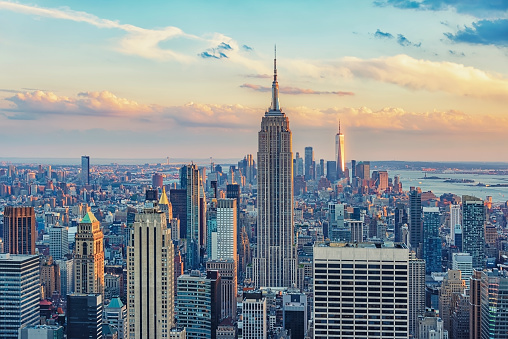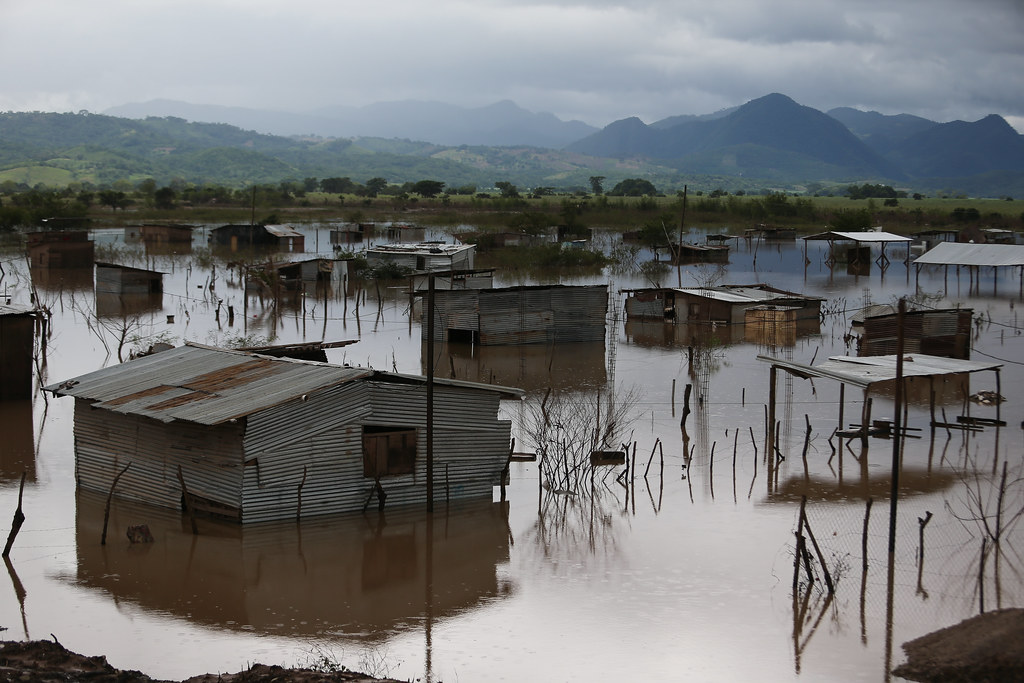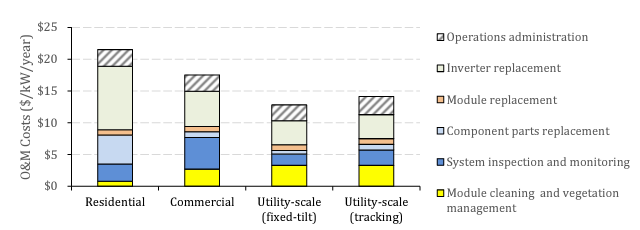Guest Commentary: Indonesian Human Rights Commission’s first human rights complaint on the impacts of climate change By Margaretha Quina and Mae Manupipatpong* In July 2022, Indonesians at the frontline of climate change filed a claim before the National Human Rights Commission seeking recognition that climate change is a matter […]
To say that Brazilians are an environmentally conscious people (and soccer afficionados) is an understatement. The country has an established reputation in both fields. Brazil is the most successful international team in World Cup history. Perhaps less excitingly, but more consequentially, Brazil also has a long tradition of progressive […]
At the 27th meeting of the Conference of the Parties to the United Nations Framework Convention on Climate Change (COP 27) in Sharm el-Sheikh, Egypt, delegations are hard at work determining the contours of how nations should prepare for climate change. A key focus has been on the Global Goal […]
By Amy Turner This blog post is adapted from testimony delivered at the New York City Department of Buildings hearing on proposed rule §103-14, Procedures for Reporting on and Complying with Annual Greenhouse Gas Emissions for Certain Buildings in connection with the City’s building performance standard, Local Law 97. The […]
Loss and damage, the term for the detrimental impacts of climate change that cannot be addressed through mitigation or adaptation, will be a central point of discussion at COP27. For the first time in thirty years, delegates have agreed to formally add the topic to the agenda for the […]
Over 150 business climate collaborations have arisen in recent years as the private sector has begun to grapple with its role in combatting climate change. The functions of these associations range from establishing shared net zero targets to developing frameworks for carbon accounting. As these groups have proliferated, they […]
By Amy Turner On October 21, 2022, the U.S. Environmental Protection Agency (USEPA) released a request for information (RFI) regarding Section 60103 of the Inflation Reduction Act (IRA), also known as the IRA’s “green bank” provisions. These provisions add a new section 134 to the Clean Air Act establishing a […]
On September 21, 2022, the New York Times published an essay by Gabriel Popkin titled “Are There Better Places to Put Large Solar Farms Than These Forests?” Popkin describes a recently approved 4,500-acre solar project in Virginia that will remove approximately 3,500 acres of forest and asks whether such projects […]








